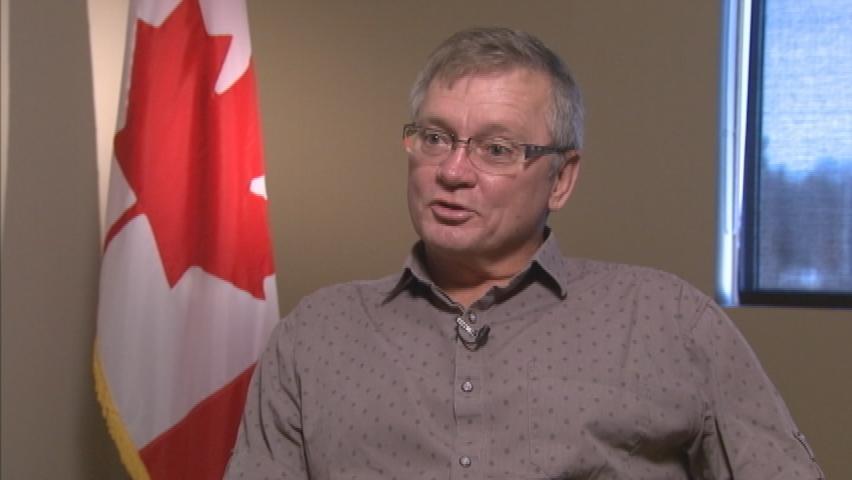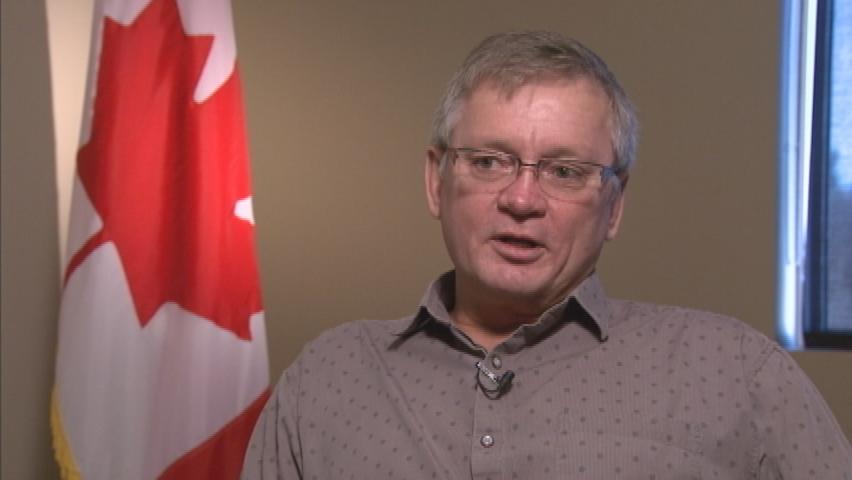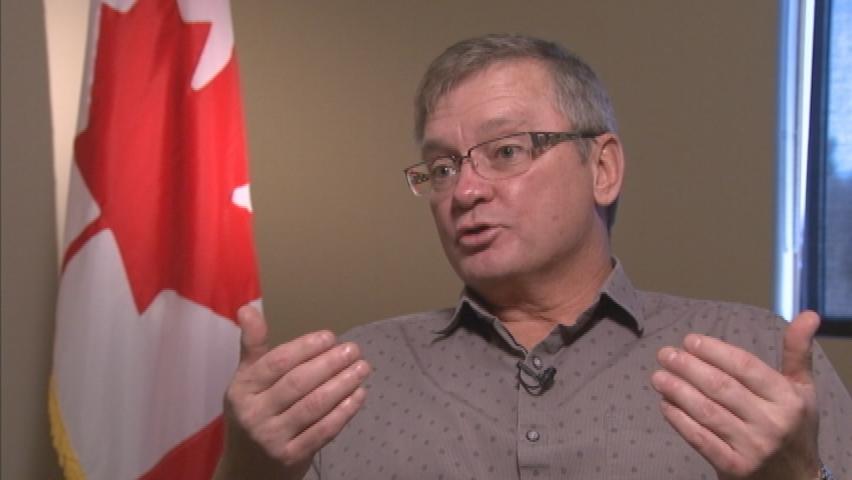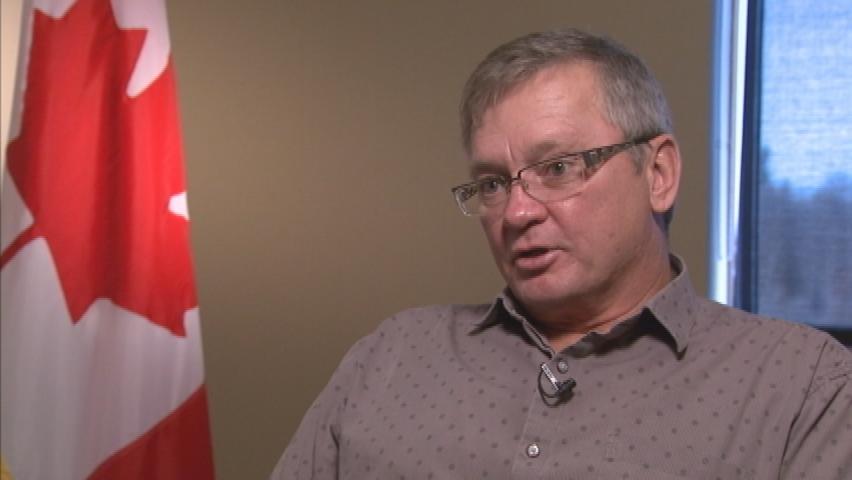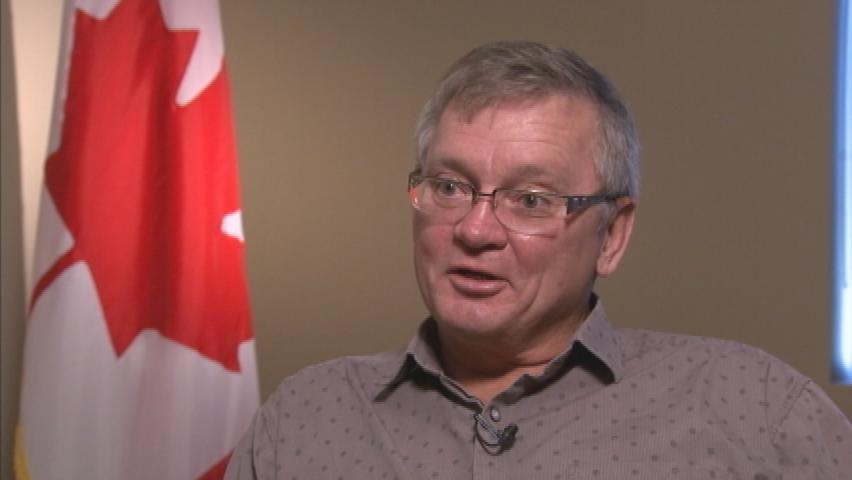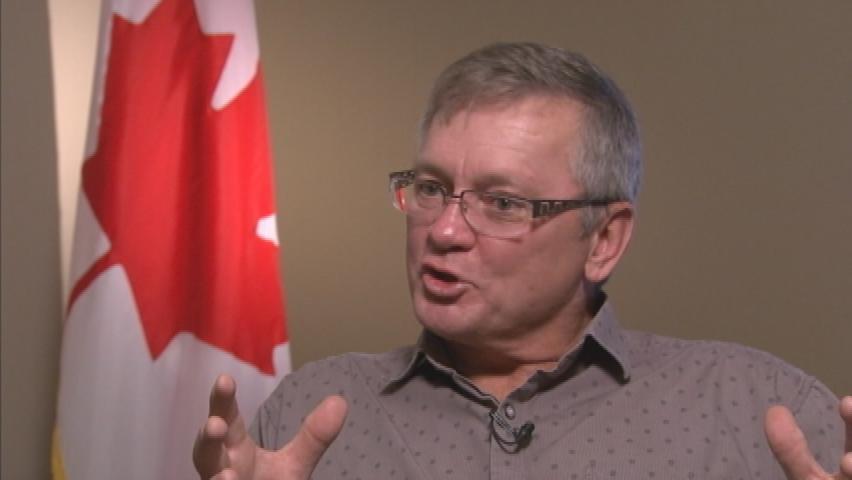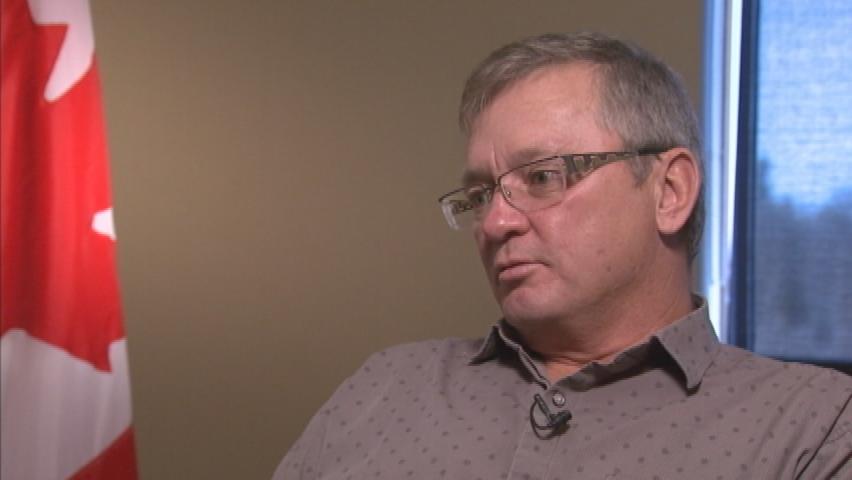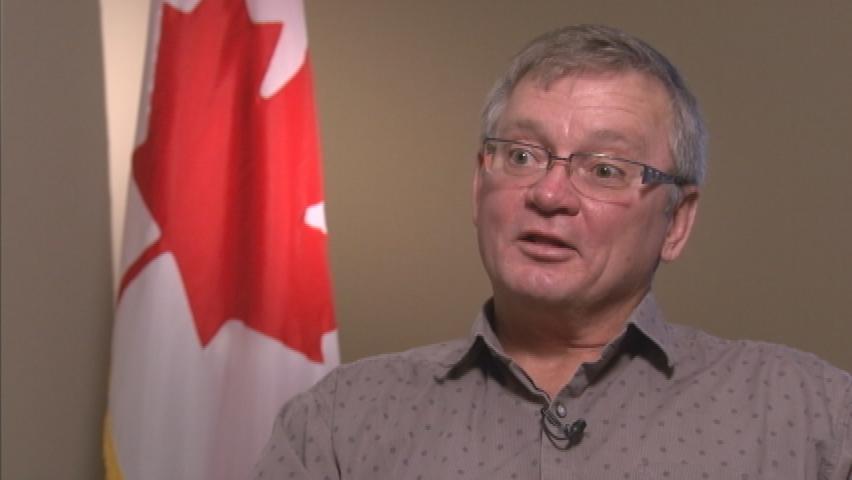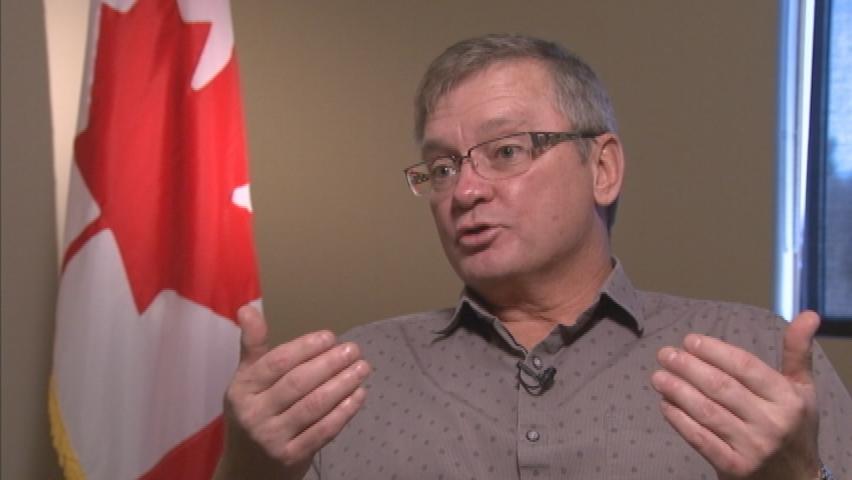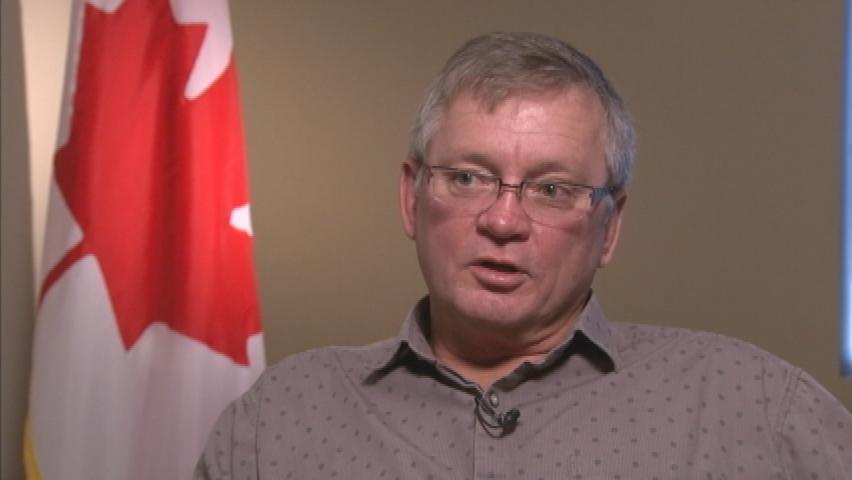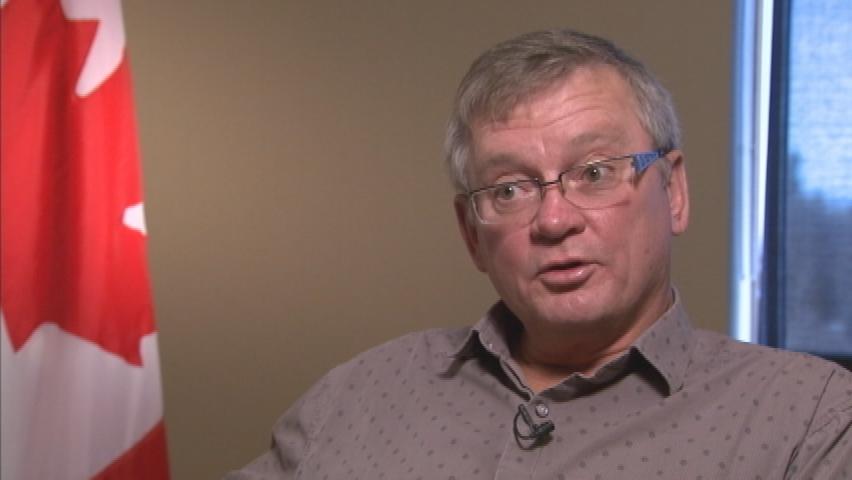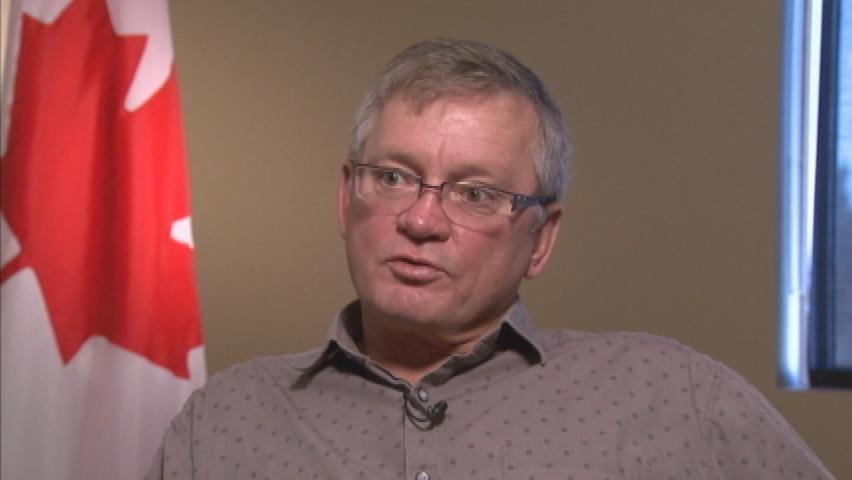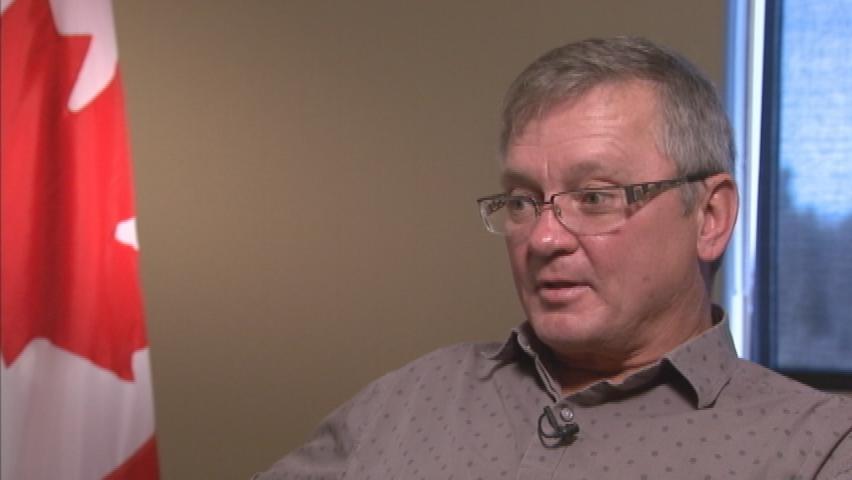The Ultimate Price of Being a Soldier
Heroes Remember
The Ultimate Price of Being a Soldier
Transcript
Description
Mr. Bradley reflects back on those lost during his service in Afghanistan and the difficulties that the families face when their loved one does not return home.
Daniel Bradley
Mr. Daniel Bradley was born June 24, 1958 in Ottawa, Ontario. At 18 years of age, walking by a recruiting centre, Mr. Bradley made an impulsive decision to join the military having a desire for the infantry. Mr. Bradley became a member of the Royal Canadian Regiment holding rank as an infanteer and obtained training at CFB Cornwallis in Trenton, Ontario. After training, Mr. Bradley spent a bit of time In Canada service but in 1978 experienced his first operational deployment to Cyrpus. In 1992 Mr. Bradley was given another opportunity to deploy to Somalia and joined a contingency from the RCR and became part of the Airborne Regiment where he held rank of Chief Warrant Officer. As his military career continued Mr. Bradley was part of an operational to Croatia in 1994, Bosnia in 1997 and more recently 2002/03 travelled to Afghanistan on two different operations, one being Roto O as Company Sergeant Major. Mr. Bradley retired in 2011 with 35 years of military sevice.
Meta Data
- Medium:
- Video
- Owner:
- Veterans Affairs Canada
- Recorded:
- November 20, 2013
- Duration:
- 2:36
- Person Interviewed:
- Daniel Bradley
- War, Conflict or Mission:
- Canadian Armed Forces
- Location/Theatre:
- Afghanistan
- Branch:
- Army
- Units/Ship:
- Royal Canadian Regiment
- Rank:
- Sergeant-Major
- Occupation:
- Infantry
Related Videos
- Date modified:



